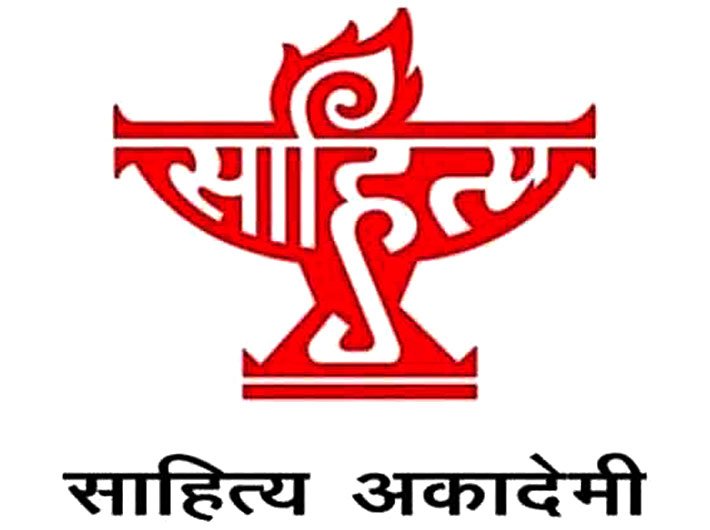When Nobel award goes to monument of courage, our writers are returning theirs for all-round lack of it
A majority of readers had not heard of Svetlana Alexievich before she won the Nobel prize for literature. In the run-up to the announcement, a betting website had placed her as top favourite and even then little was heard about the investigative journalist from Belarus. After the announcement, the world realized that only two of her works were available in English, and neither was available in e-book format for immediate reading. Thus, either the Swedish Academy has left fans of established big guns like Haruki Murakami and Philip Roth puzzled once again, or it has honoured a lesser-known name that should be – and will be – known by many more.
Alexievich, chosen “for her polyphonic writings, a monument to suffering and courage in our time”, is the first journalist to win the coveted prize. Along with her, the genre of literary journalism or creative non-fiction, also finally finds belated honour. For long, journalism and non-fiction writing have been considered poor cousins of literary fiction. They deal with bare facts, writing history in hurry; whereas literary fiction eschews facts for deeper truth, it has been long held. But since the early 20th century the world has been witnessing unprecedented events at unprecedented scale. Creative literature is yet to capture the contemporary world in a way the 19th century masters did their world.
That is why, today’s leading lights, led by ‘the greatest American novelist’ Jonathan Franzen, are turning to the old-fashioned social realist novel to come to terms with the history in the making. And they still fail to render in words the depths of evil and heights of courage that a boy who managed to escape the living hell in south Sudan narrates (What is the What by Dave Eggers). The plight of the survivors of the Chernobyl disaster, the dystopia that concerns us all (think of the protests against nuclear plants in India) is too stark for a fiction, but Alexievich’s Voices from Chernobyl: The Oral History of a Nuclear Disaster brings us face to face with our imminent future.
If novels arise out of shortcomings of history, as German poet Novalis held, the best of contemporary journalism is often arising out of shortcomings of literature. The Swedish Academy has acknowledged that in honouring the journalist.
Meanwhile, closer home, it is the Sahitya Akademi is looking in the opposite direction. Instead of honouring ‘monuments of suffering and courage’ – and we have many, in fiction and in journalism – it has chosen to ignore the suffering and courage. Some of our great novelists, poets and literary critics have spoken up against its failure to do its bit when hate and intolerance are growing. Nayantara Sehgal, Ashok Vajpeyi, Uday Prakash, Ganesh Devy and others have returned their coveted awards. The growth in their list is matched only by the growth in the list of rationalists getting killed for speaking out, RTI activists getting killed for asking questions, humble common folk getting killed for not falling in line.
The president did speak up, and quoting him, so did the prime minister, even if belatedly. Yet, the trend of right-wing fringe elements declaring their diktats to the minorities has been the megatrend number one for more than a year now. Also, it was different initially, and it was ok to term them as fringe elements but now that they are members of the union cabinet, they are the faces of the state. Their repeated reinterpretation of Indian culture is going against the promise of ‘sabka sath, sabka vikas’. There are only two possibilities: either their pronouncements are threatening the growth and development story, or are filling up the vacuum created by the lack of promised spectacular growth and inclusive development.
ashishm@governancenow.com
(The article appears as the opening comment in the October 16-31, 2015 issue)

